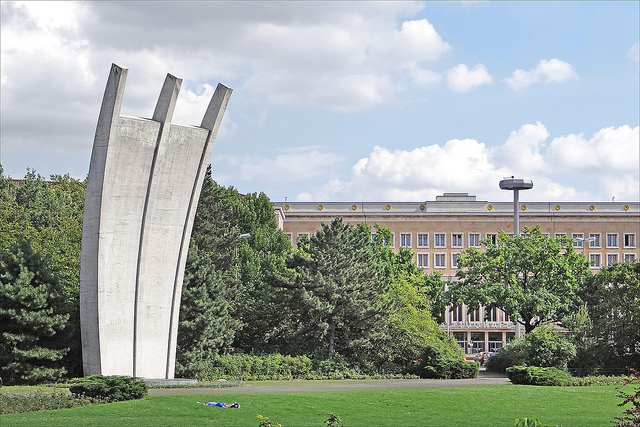Germany's population shrank for a third straight year in 2005 as the trend of fewer births than deaths continued. Immigration did not compensate for the deficit, Federal Statistics Office data showed.
Topical:
Europe Immigration News
Items tagged with "Europe Immigration News":
Specifically, the Court of Justice said that visa restrictions forcing non-EU workers posted to Germany by European service companies to have worked a year at the firm prior to being sent are illegal.
Stricter checks at immigration, including the compulsory photographing and fingerprinting of foreigners on arrival, are laid down in a revised immigration bill the Justice Ministry will present to parliament in the next few months, Isao Negishi of the ministry's Immigration Bureau said in an interview.
The revised law would allow Japan to deport any arriving foreigner it considers to be a terrorist, Negishi said.
The Immigration Office of the Hungarian Interior Ministry has begun work on a strategy on the social integration of immigrants and refugees in Hungary, a senior official said yesterday.
The ministry plans to work jointly with other ministries, local councils and NGOs on this topical issue which has become a priority in the EU, Zsuzsanna Végh said. Major problems include language, jobs and training, Végh said.
A new draft immigration law in France, which was put forward by Interior Minister Nicolas Sarkozy and is expected to be debated by parliament soon, calls for placing new requirements on foreign workers, students and those who want to join their families in France. It requires immigrants to master the French language and foreign workers to prove that they have fixed salaries. Also in the bill, illegal immigrants will never be able to acquire a 10 year residence permit.
The bill sought to integrate those immigrants who are already in Germany, streamline asylum procedures and put provisions in place for the recruitment of highly skilled foreigner nationals who would help revive the German economy.





